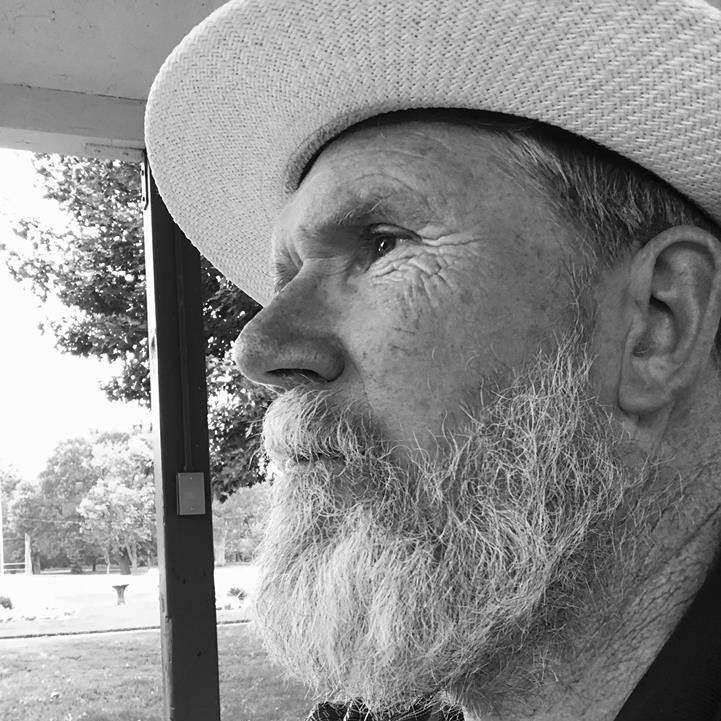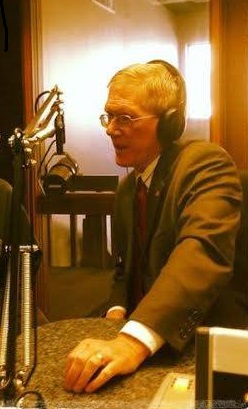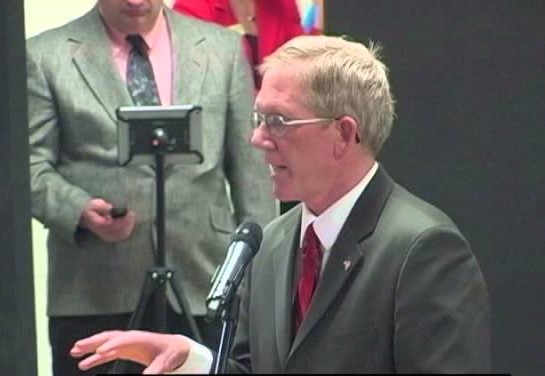Abortion costs a helpless, defenseless, innocent little boy or girl their life. But it is also a dagger in the heart of American republican, constitutional self-government in liberty.
Abortion utterly destroys the natural law moral principles spelled out in our national charter, the Declaration of Independence. It represents the total denial of our Creator, of the concept of God-ordained equality and God-given unalienable rights, and of the very raison d'etre of human government, which is to secure that equality and those rights to every person.
"We hold these truths to be self-evident, that all men are CREATED EQUAL, that they are endowed by their Creator with certain unalienable rights, that among these are life, liberty and the pursuit of happiness. That to secure these rights, governments are instituted among men."
Abortion destroys every stated principle of our Constitution. Our national Union is attacked by abortion at the most fundamental level: the natural bond between the mother and her child, which is the essential first building block of our entire civilization and society. Instead of establishing Justice, abortion establishes the worst kind of injustice. What greater wrong can be committed in the physical sense against the individual person than that you murder them? How can you have any sort of true domestic Tranquility, i.e. peace at home, when you have entered into the very heart of that home and annihilated the children? Our society is supposed to assure the common Defense, or the defense of all. How can anybody consider themselves to be safe when certain disfavored classes of human beings are declared to be the "legal" prey of hired mass murderers? How can you claim to be defending the Welfare of all, when you are sacrificing the most innocent and helpless among us on the altar of ease and convenience? How can a nation possibly claim to be securing the Blessings of Liberty to a Posterity that they are slaughtering by the tens of millions?
"We the People of the United States, in Order to form a more perfect Union, establish Justice, insure domestic Tranquility, provide for the common defense, promote the general Welfare, and secure the Blessings of Liberty to ourselves and our Posterity, do ordain and establish this Constitution for the United States of America."
The Democrats and the Republicans both claim to stand for the Constitution. When elected, they all swear the Article VI oath, as they are required to do, to support and defend that Constitution. How many of them are actually doing it? None. Not as long as a single innocent child is being destroyed under the color of "law" in this country.
"No person shall be deprived of life without due process of law."
"No State shall deprive any person of life without due process of law; nor deny to any person within its jurisdiction the equal protection of the laws."
Here is the stark truth: unless and until equal protection is restored to the little children, in compliance with the explicit, imperative requirements of our Constitution, all hope is gone for this country's survival. Union, Justice, Tranquility, our national security, the good of the entire nation, Posterity itself, is gone, trampled into the dust because the people were too immoral, and too stupid to understand what it was that they inherited from their much wiser forefathers.
Obey the Lord, and live. Disobey the Lord, and keep destroying the innocents He made in His image, and you will be destroyed. It's as certain as the sun rising.
That's your choice, America.
"You shall not murder."
"God who gave us life gave us liberty. Can the liberties of a nation be secure when we have removed a conviction that these liberties are the gift of God? Indeed I tremble for my country when I reflect that God is just, that his justice cannot sleep forever."
-- Thomas Jefferson




 RSS Feed
RSS Feed
